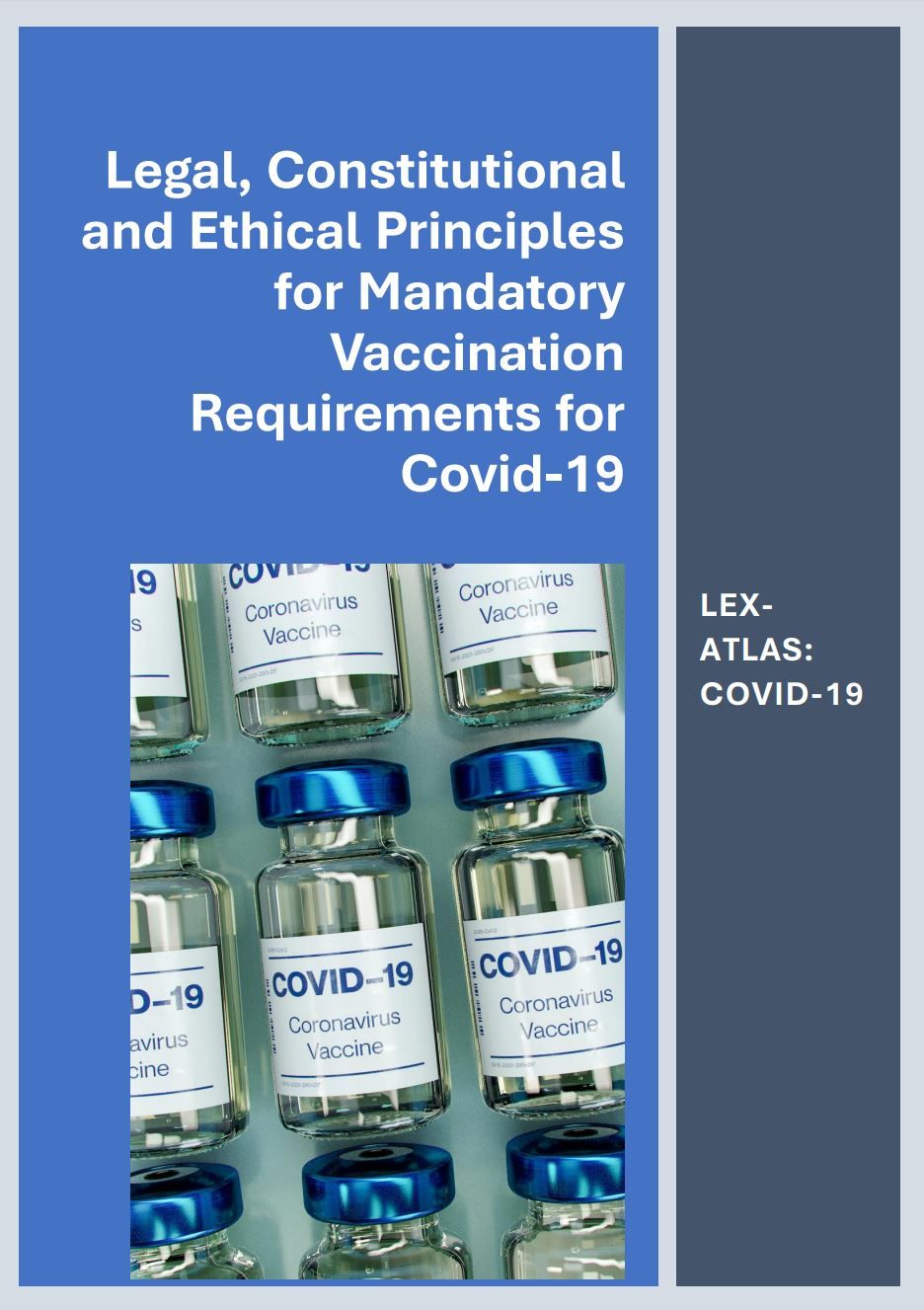Download a copy of the principles here or view them in HTML here.
According to the best scientific evidence available, vaccination of the entire population is currently the most efficient measure available for a country to counter and overcome the Covid-19 pandemic. Vaccinations dramatically reduce infections, the need for hospitalisation and severe medical complications and deaths. As well as saving lives from the scourge of Covid-19, vaccination reduces pressure on public health care systems that impacts the care available for a broad range of other essential treatments. It also assists the revival of national economies and international trade, and permits the easing of social distancing restrictions which themselves impose restrictions on movement and gatherings. Although voluntary uptake is ideal, there is an important and complex question of when and under what conditions mandatory vaccination requirements are legitimate and consistent with international human rights law principles. Lex-Atlas: Covid-19 has therefore published principles addressing this subject.
In these principles, a mandatory Covid-19 vaccination requirement is defined as (a) any public law that makes vaccination legally compulsory (with or without imposing a penalty), or (b) any state or non-state policy which requires proof of vaccination in order to access a venue or enjoy a benefit. A vaccination requirement which can be avoided by a person without undue burden is not regarded in this set of principles as a mandatory vaccination requirement.
The principles relate to the legal, constitutional, and ethical dimensions of mandatory vaccination requirements for Covid-19, and address requirements imposed by both public and private bodies. Mandatory vaccination requirements are imposed for diseases other than Covid-19 in over 100 countries worldwide. Such requirements are not in general forbidden by international human rights law principles. Such policies may plausibly be seen in some cases as fulfilling positive state duties to protect the internationally recognised rights to life, health, education, and to work. It remains the case that mandatory vaccination requirements will often interfere with a range of human rights and require justification as prescribed by law and necessary in a democratic society.
The principles are a statement of standards intended to set out ideal compliance not only with international human rights norms but also with best democratic constitutional and ethical practice that extends beyond such norms. They will assist state and non-state actors seeking to adopt a regulatory scheme that accords with best legal and ethical practice and as such would count favourably in the proportionality testing of any mandatory vaccination requirement coming before a court of law in a democracy.
We commend these principles to policy-makers and jurists contemplating the legal and/or constitutional status of proposals for mandatory vaccination. They have been endorsed by a significant portion of the large number of jurists participating in the LAC19 network.
TWEET

